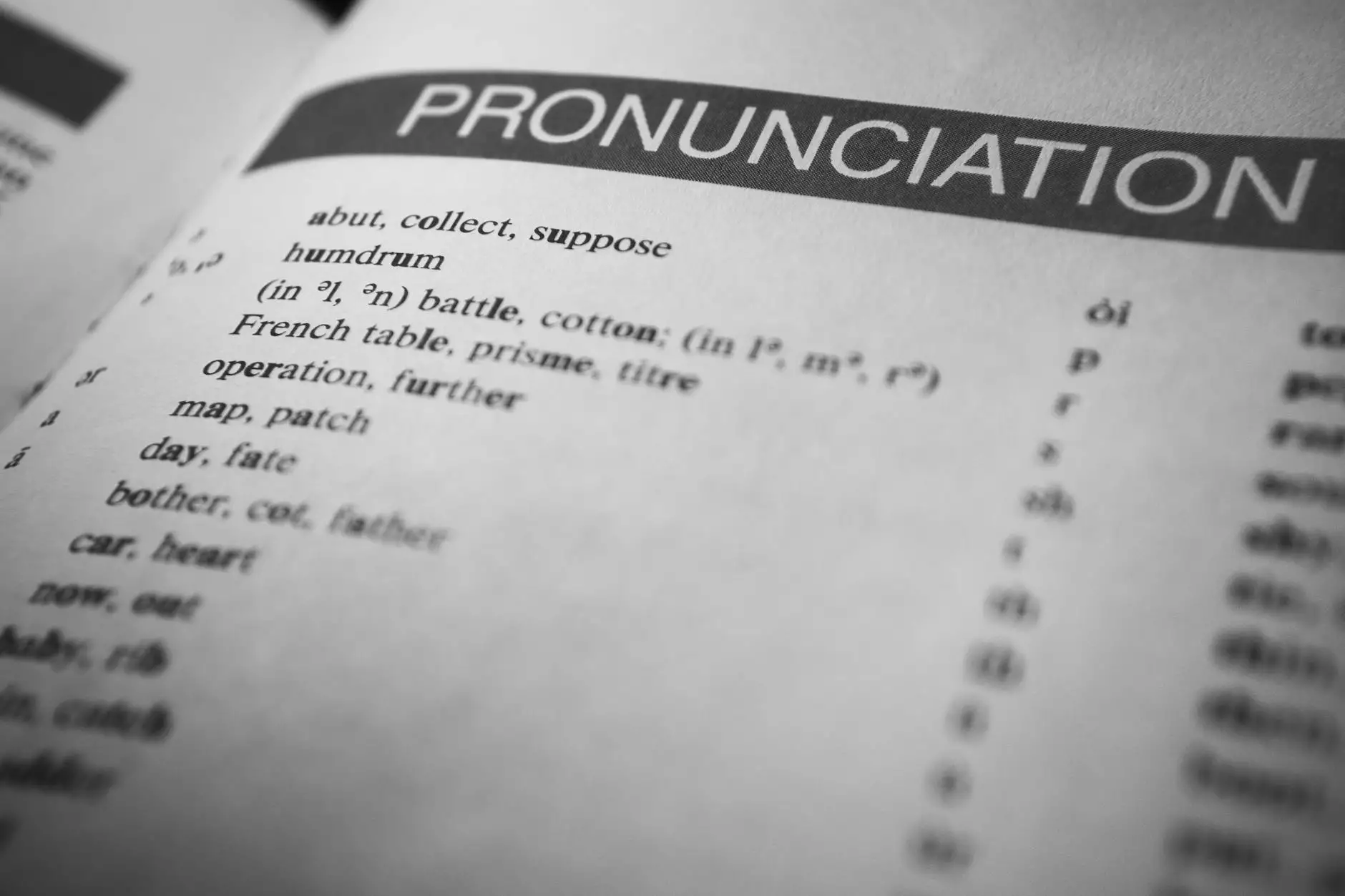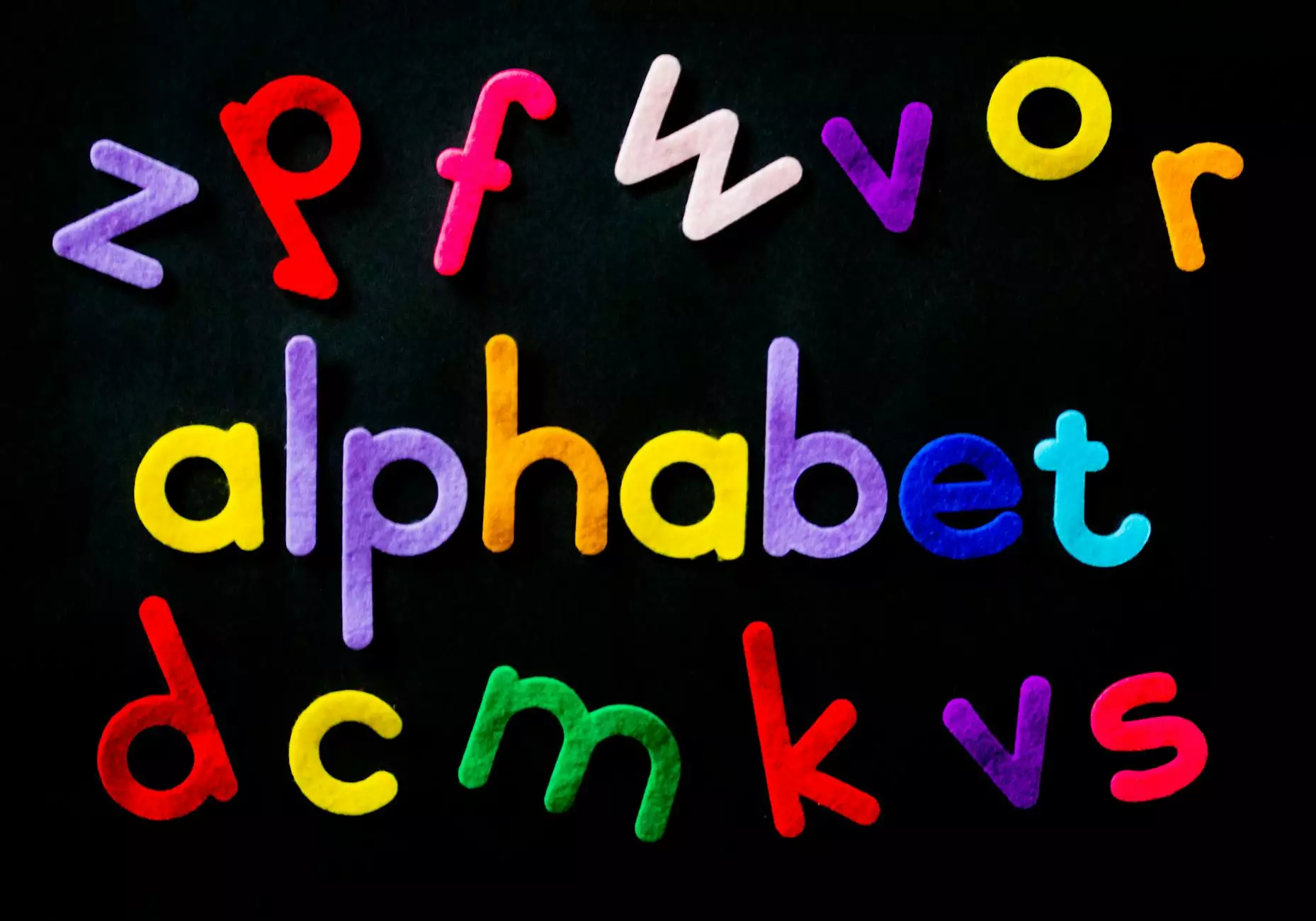OUGHT TO (AWE-DUH): Natural American English Pronunciation Lesson
English Grammar Lessons
Introduction
Welcome to NJCLT's comprehensive lesson on 'ought to' in Natural American English pronunciation. In this guide, we will cover the correct pronunciation, usage, and variations of 'ought to' with detailed examples and helpful tips.
The Importance of 'Ought To'
Understanding and mastering the usage of 'ought to' is essential for developing fluency in Natural American English. It is a common phrase used to express advice, recommendations, obligations, expectations, or suggestions in various contexts.
Pronunciation Guide
The pronunciation of 'ought to' has a unique variation in Natural American English, commonly known as 'awe-duh'. It is crucial to grasp the correct pronunciation to sound natural and confident while communicating in American English.
Pronunciation Tips
- Start by pronouncing the 'ought' sound as 'awe', with an open and elongated vowel sound.
- Follow the 'ought' sound with the 'to' sound pronounced as 'duh', with a soft and short 'uh' sound.
- Ensure a smooth transition between 'ought' and 'to' to maintain natural flow and clarity in speech.
Usage Examples
Below are some detailed examples illustrating the correct usage of 'ought to' in Natural American English:
1. Expressing Advice:
When giving advice, 'ought to' is used to recommend the preferred course of action.
Example: You ought to study regularly to improve your English skills.
2. Describing Obligations:
'Ought to' can be used to express obligations or duties.
Example: As a responsible citizen, you ought to pay your taxes on time.
3. Indicating Expectations:
When expressing expectations, 'ought to' is used to indicate what is expected or anticipated.
Example: The team ought to win this match with their exceptional skills.
4. Suggesting Actions:
'Ought to' can suggest actions to be taken or offer recommendations.
Example: You ought to try the local cuisine while visiting this city.
Variations of 'Ought To'
While 'ought to' is the standard phrase, there are variations you may come across in natural conversations:
1. 'Oughta'
'Oughta' is a common contraction of 'ought to' in spoken Natural American English.
Example: You oughta be more careful while driving.
2. 'Ought to Have'
Adding 'have' after 'ought to' emphasizes the completion of a suggested action in the past.
Example: You ought to have informed me about the change in plans.
Conclusion
Congratulations! You have now mastered the correct pronunciation and usage of 'ought to' in Natural American English. Remember to practice it in conversations to enhance your fluency and communicate effectively. Use this guide as a reference whenever you encounter 'ought to' in spoken or written English.










